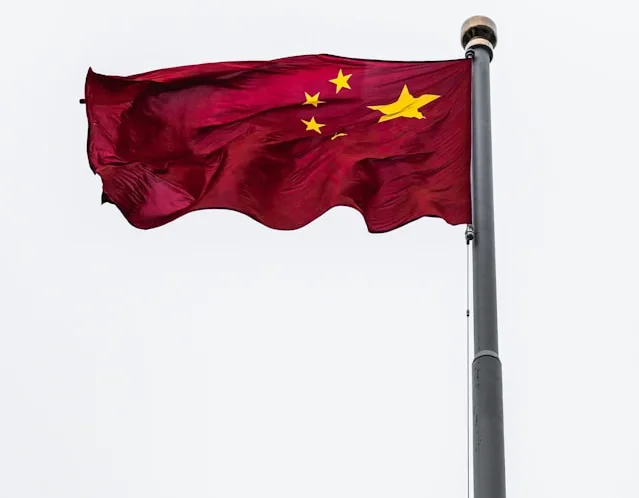China wraps up two days of military exercises around Taiwan, while Taiwan’s defence ministry reveals an increase in Chinese military presence
China recently concluded a two-day series of war games near Taiwan, engaging in simulated attacks with bombers and practising ship boarding manoeuvres, as reported by Chinese state television’s military channel. The drills, known as “Joint Sword – 2024A,” took place shortly after Lai Ching-te assumed office as Taiwan’s president, a move Beijing views as separatist. The exercises, which commenced on Thursday and concluded on Friday, were seen as a response to Lai’s inauguration speech, where he asserted the independence of Taiwan from mainland China.
Taiwan’s defence ministry has provided details of the surge in Chinese warplanes and warships involved in the military activities. According to the ministry, 46 Chinese military aircraft, including advanced Su-30 fighters and nuclear-capable H-6 bombers, crossed the median line of the Taiwan Strait on Friday. Additionally, a total of 62 Chinese aircraft and 27 navy ships were detected in the vicinity. The incursion extended into the Bashi Channel, situated between Taiwan and the Philippines.
Despite repeated offers for dialogue from President Lai, Beijing has rebuffed these attempts, insisting that Taiwan is an integral part of China. Lai maintains that Taiwan’s future should be determined solely by its people, rejecting Beijing’s sovereignty claims. Taiwan’s government has condemned the recent military exercises, asserting its resilience against Chinese pressure.
The People’s Liberation Army Daily, regarded as the voice of the Chinese military, issued a commentary condemning President Lai’s stance on Taiwan’s sovereignty. The commentary warned against separatist actions and affirmed the Chinese military’s readiness to counter any attempts to undermine China’s territorial integrity.
Analysis:
Political Impact:
China’s military exercises signal Beijing’s assertiveness in asserting its claims over Taiwan and its opposition to perceived separatist movements. The response from Taiwan’s defence ministry underscores the escalating tensions in the region and the challenges to regional stability.
Social Reflection:
The standoff between China and Taiwan reflects broader geopolitical tensions and nationalist sentiments in the region. The portrayal of President Lai as a pawn for external forces highlights the ideological divide between Beijing and Taipei, contributing to societal polarization.
Psychological Aspect:
The military manoeuvres and rhetoric from both sides may instil fear and uncertainty among the populations of Taiwan and mainland China, heightening anxieties about potential conflict and the security of the region.
Sociological Angle:
The issue of Taiwan’s sovereignty remains a contentious topic, with divergent perspectives within Chinese and Taiwanese societies. The military posturing and diplomatic standoffs reflect deeper societal divisions and historical grievances, shaping perceptions of national identity and allegiance.
Fashion Culture:
While not directly related to fashion, the military activities near Taiwan may impact regional economic dynamics and trade relations, potentially influencing consumer behaviour and market trends in the long term.
